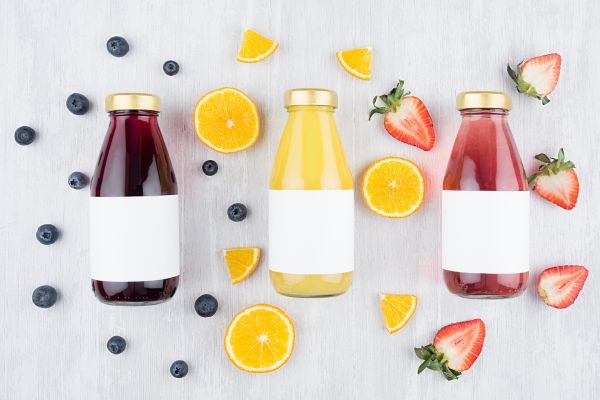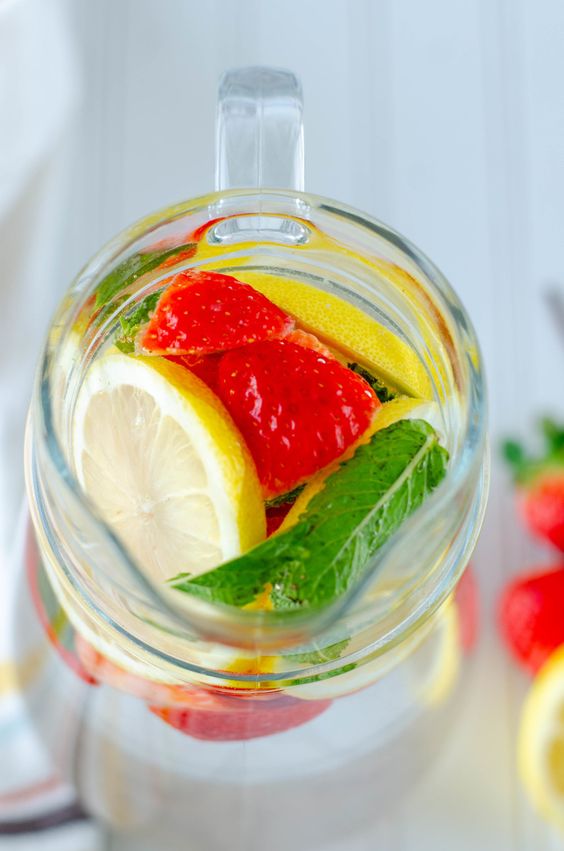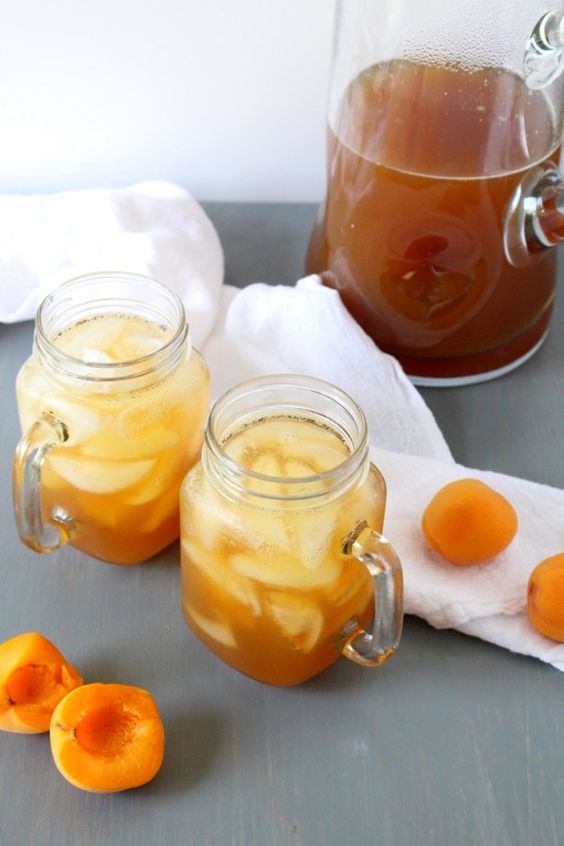In recent years, the private label beverage market has experienced significant growth, reflecting dynamic changes in consumer preferences and industry innovations. Let’s delve deeper into these driving forces to fully understand what contributes to this upward trend.
Contents
ToggleIntroduction
With the advancement of production technology and the expanding array of consumer needs, the beverage industry has experienced a remarkable transformation in both consumer preferences and market dynamics. One of the most notable trends has been the rapid growth of the private label beverage market segment. By providing great benefits such as brand loyalty, quality, and pricing, this segment has increasing popularity and impact on traditional brands and overall market structure.
Global beverage market
The global beverage market is a vast and diverse industry, covering a wide range of products designed to meet various consumer needs and preferences. According to statistics from Mordor Intelligence, the beverage market is valued at USD 3.56 trillion in 2023 and is expected to grow to USD 4.39 trillion by 2028 at a CAGR of 4.26% during the forecast period (2023-2028). This growth is driven by rising consumer demand, urbanization, and changing lifestyle choices.
The market is generally divided into two main categories: non-alcoholic and alcoholic beverages. Non-alcoholic beverages, which include water, soft drinks, juices, and functional beverages, account for the largest share of the market by volume. However, alcoholic drinks contribute significantly to the market’s overall value due to the higher pricing of products such as craft beer, fine wines, and specialty spirits.
Market segmentation
Alcoholic drink: This category encompasses a wide range of drinks, including beer, wine, and spirits. These beverages contain alcohol with levels ranging from 3% to 50%.
Non-alcoholic drink
- Soft drink: This category typically includes carbonated and non-carbonated beverages, and energy & sports drinks.
- Juice: It is juice extracted from fruits and vegetables.
- Ready-to-drink tea and coffee: It covers a diverse blend of tea with other flavors and coffee in ready-to-drink forms.
Hot drinks: Coffee and tea are the primary products in this category, which need to be infused with hot water.
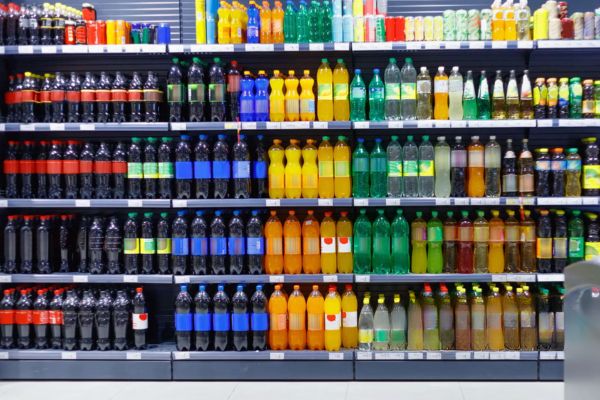
Market structure
The beverage industry is characterized by a diverse array of participants that include well-known global brands, regional companies, and a growing number of private label products.
- Global brands often leverage their extensive distribution networks and strong brand recognition to capture a significant share of the market.
- Regional players tend to focus on local tastes and preferences, offering products that resonate more closely with consumers in specific areas.
- Private label beverages are also known as store brands or own-brand products, these are beverages produced by one company for sale under another company’s brand, typically a retailer. Private label products have been gaining significant market share across various beverage categories.
Key trends in the beverage market
As the awareness of human health and environmental sustainability continues to rise, pivotal trends are emerging within the beverage industry. Moreover, customers are showing a rising desire for more inventive and distinctive offerings. These movements are set to influence the drink industry in the near future.
Rising health consciousness
The rising awareness of health and the increasing incidence of lifestyle-related diseases have driven consumers to prefer healthier beverage options. Consumers are looking for products low in sugar and contain health-enhancing ingredients. Additionally, the market is experiencing a surge in demand for beverages with low alcohol content, particularly among millennials and baby boomers. As a result, functional beverages, which include products like energy drinks, sports drinks, and nutraceuticals, are a rapidly growing segment within the non-alcoholic beverage market.
Sustainability and eco-friendly production
As awareness of environmental issues continues to increase, there is an increasing demand for beverages that are not only eco-friendly but also ethically produced. Today’s consumers are more knowledgeable and conscientious than ever before, which compels brands to embrace sustainable practices throughout every stage of their operations. This includes the sourcing of ingredients, the manufacturing processes they employ, and the packaging materials they choose.
Innovative flavors and ingredients
Consumers increasingly crave novel and exciting taste experiences. This growing demand has prompted beverage manufacturers to experiment with a wide array of innovative flavors and ingredients. It led to the emergence of unique flavor combinations that push the boundaries of traditional taste profiles.
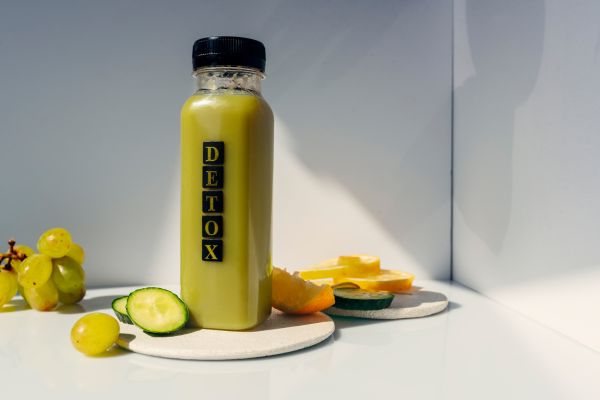
Private label beverage market
Private label beverages refer to drinks that are produced by a third-party manufacturer or a contract manufacturer but are marketed and sold under the brand name of a retailer. The range of private label beverages is extensive and encompasses various categories, including but not limited to soft drinks, bottled water, juices, alcoholic beverages, and functional drinks designed to provide specific requirements. These products have experienced considerable growth in recent years, largely due to their competitive pricing and improved quality.
The global beverage market has grown consistently in recent years, however, the private label beverage market segment is growing at a faster rate than the overall market. According to a report by the Private Label Manufacturers Association (PLMA), in 2018, private-label products made up just under 20% of the market share for consumables, demonstrating their growing influence. This remarkable growth can be attributed to several factors, including significant advancements in product quality and innovation, making private label beverages nearly indistinguishable from national brands in terms of taste, packaging, and overall appeal.
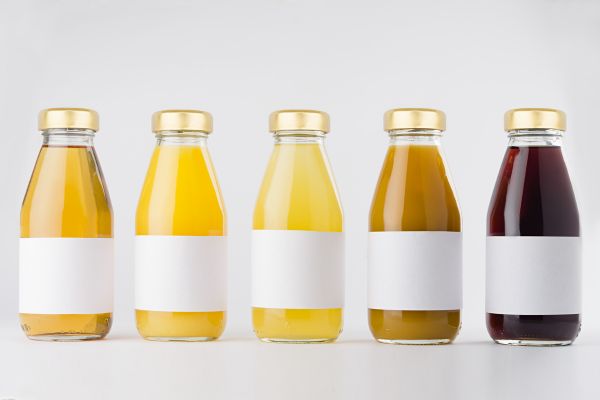
Key drivers of private label beverage market growth
Consumer price sensitivity
In times of economic uncertainty, consumers often turn to private label products as a more affordable alternative to national brands. Private label beverages are often priced more competitively than well-known national brands, making them an attractive option for budget-conscious consumers. The rising demand of consumers is an important factor that contributes to the development of the label beverage market.
Retailer strategies
More and more large retailers are allocating significant resources to develop and promote their private label lines, seeing them as a way to differentiate themselves and increase profit margins. By highlighting their own brands, providing special deals, and fostering customer loyalty with exclusive rewards programs, they can achieve substantial sales of their own brand drinks. This plays a crucial role in the success of the private label beverage market.
Changing consumer preferences
Today consumers, particularly young consumers, are more open to trying new products and less loyal to traditional brands. Private label beverages are developed with many new and unique flavor combinations that cater to emerging trends. The view of private labels has changed, with numerous shoppers now seeing them as on par, or even better than, national brands in terms of quality, particularly in categories like organic and natural beverages.
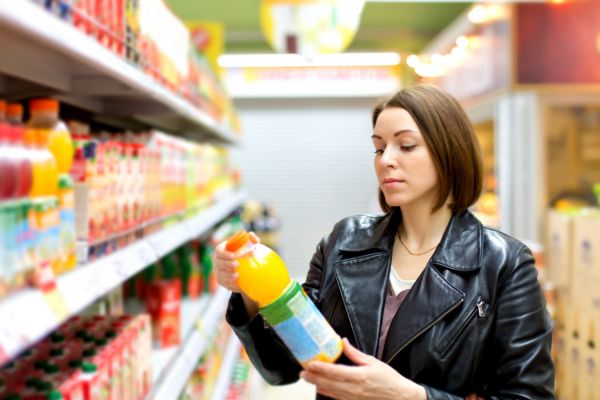
Future trends in the private label beverage market
The future of the private label beverage market looks promising, with a variety of emerging trends expected to significantly influence the industry in the coming years. These include the premiumization of private labels, the expansion of e-commerce and direct-to-consumer models, and increased customization and personalization.
Premium and organic offerings
One of the most notable trends is the premiumization of private label products, where retailers are increasingly offering high-quality, gourmet beverages that compete with established national brands. This includes organic, craft, and small-batch beverages that cater to consumers seeking premium options. Consumers are increasingly looking for items that provide certain health advantages or distinctive tastes, and private label brands are ideally placed to satisfy this need by providing creative and superior-quality items.
Expansion of E-commerce and direct-to-consumer models
The expansion of e-commerce also has a great influence on the private label beverage market, providing new potential opportunities to reach consumers. Online platforms allow retailers to sell exclusive private label beverages, reach a wider audience, and build brand awareness. Besides, the direct-to-consumer models can help private label brands skip the usual retail channels and sell directly to consumers via their own online sites or digital platforms. This model is convenient to control over pricing, distribution, and customer experience.
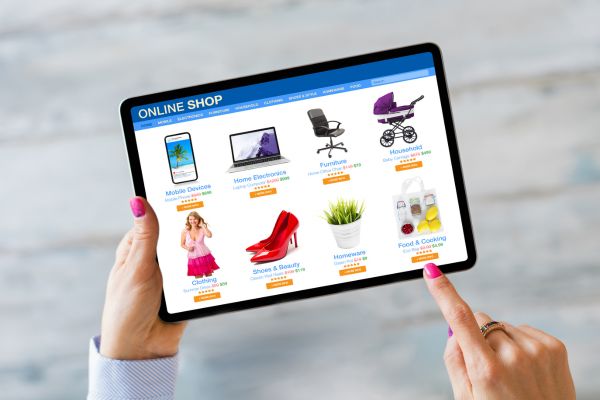
Customization and personalization
As consumers seek products that reflect their individual tastes and preferences, customization and personalization are becoming increasingly important in the beverage market. A number of retailers are innovating by developing personalized and customized private label beverages that cater to the unique tastes of individual consumers. Data analytics help retailers understand consumer preferences, enabling them to customize products that cater to individual tastes. In addition, personalization along with strategic social media and digital marketing campaigns can effectively engage consumers, fostering deeper connections and enhancing brand loyalty.
Conclusion
As retailers and manufacturers continue to innovate and adapt to changing consumer preferences, it is highly probable that the private label beverage market will experience significant development in the coming years. By prioritizing quality, value, and innovation, private label brands can not only flourish but also effectively cater to the ever-evolving demands of consumers within the global beverage landscape. If you want to make private label beverages, feel free to contact us for further information.
About Future Generation Co., Ltd
Future Generation Company Limited is one of the largest beverage suppliers in Vietnam, with 26 years of experience in production and export. FGC is equipped with modern machines such as Hotfill PET and TetraPak, ensuring high-capacity production. FGC strives to achieve our mission to become Vietnam’s leading healthy beverage company. Our factories also meet international standards such as ISO, HACCP, etc. In addition, we constantly innovate our machinery system, strengthen production capacity, and increase productivity.
FGC also provides Private Label Services. With this service, we can help customers in researching and formulating beverages, designing product label packaging, and creating their own brands. This is an ideal solution for small and medium enterprises. Moreover, FGC provides free samples for customers to test before bulk orders. We also ensure delivery as fast as possible.
Contact
Address: R4 building, Office Quarter 02, Royal City, 72A Nguyen Trai St., Thanh Xuan Dist., Hanoi.
Phone: +84 24 73 000 125/ +84 24 73 063 369
Mail: info@vietnam-tea.com
Website: https://oem-fgc.com/
Facebook: https://www.facebook.com/fgcvietnamtea
LinkedIn: https://www.linkedin.com/company/fgcvietnamtea/
Source:
https://www.mordorintelligence.com/industry-reports/beverages-market

